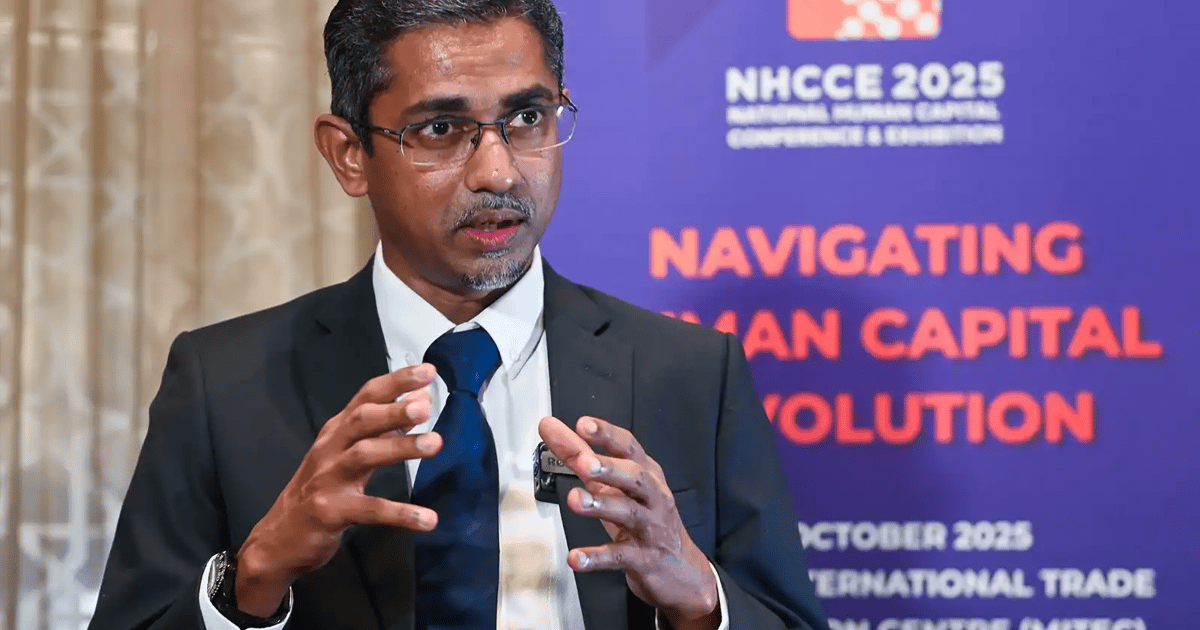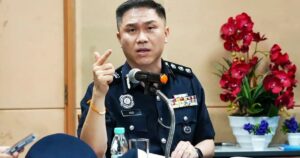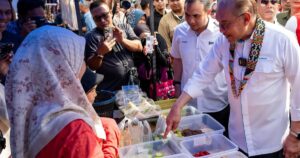
Malaysia has emerged as a regional leader in workforce transformation, with programmes by the Human Resource Development Corporation (HRD Corp) replicated and studied across Southeast Asia.
HRD Corp CE Syed Alwi Mohamed Sultan said Malaysia’s efforts under the Asean Year of Skills (AYOS) 2025 had inspired other countries to follow suit.
“Countries like Indonesia, Timor Leste and Cambodia are now adopting models like our National Training Week and skills development fund.
“Our legacy will continue through the Global Skills Forum and Asean Manpower Ministers’ meeting later this year,” he told FMT in an interview.
Syed Alwi said Malaysia’s human capital strategy was moving beyond training subsidies towards shaping national policy and regional collaboration.
He added that workforce development should align with national priorities such as green jobs, Islamic finance and the digital economy, fostering both technical and value-driven skills.
“HRD Corp has become a strategic enabler of Malaysia’s human capital ecosystem, helping industries identify skills gaps, curating certified training programmes, and ensuring that even those outside our ecosystem, such as gig workers, have access to learning opportunities,” he said.
The National Human Capital Conference and Exhibition (NHCCE) 2025, a flagship AYOS 2025 event, recently wrapped up three days of discussions under the theme “Navigating the Human Capital Revolution”.
The event drew over 3,000 delegates, 300 exhibitors as well as 33 speakers from Malaysia and abroad to explore the future of work in the region.
In his opening speech, human resources minister Steven Sim reaffirmed Malaysia’s commitment to building a future-ready workforce and leading Asean’s shift towards inclusive, tech-driven growth.
“We built upskilling and reskilling into our labour market systematically, especially through the work of HRD Corp.
“Out of RM6.17 billion collected over the past three years, 94% has been spent on training about four million workers. We will intensify efforts to provide more training, including free courses, to help Malaysians adapt to the new AI-driven labour market,” he said.
Sim also addressed public anxiety over artificial intelligence (AI) and automation, reminding Malaysians that human creativity and adaptability remain irreplaceable.
“AI may change jobs, but it cannot replace what is uniquely human: our wit, our intelligence, and our ability to think critically and problem-solve.
“What we are doing here is preparing our people not just for the future of work, but for the work of building the future,” he said.
NHCCE 2025 featured high-profile speakers including futurist Michio Kaku, Olympian Sonny Bill Williams, transformation expert Idris Jala, and sports icon Nicol David, who shared insight on leadership, resilience and innovation.
The BizMatch segment of the NHCCE 2025 exhibition recorded 879 enrolments across 560 courses, involving 86 training providers and 394 employers, with a total enrolment value of RM3.176 million.
“The future is already here, shaped by change, technology and talent. Our mission is to ensure that every Malaysian – from graduates to business owners – can thrive in that future. No one should be left behind,” Syed Alwi said.






